Today, as part of several related maternity-care studies, one of Bournemouth University’s (BU) researchers visited a rural birthing centre in Nawalparasi. The first photo is the view from the birthing centre showing exactly how rural it is. This particular birthing centre is based close to the Indian border. It has been supported for over a year by Green Tara Nepal, an organisation which works closely  with BU on a range of health and maternity-care projects. The birthing centre has been improved since our last visit one year ago. There now is a newly build decomposition pit for the disposal of placentas. There is a new postnatal recovery room, and the number of local women giving birth in the facility has been increasing! When we arrived a new baby had just been born an hour or so earlier (second photo with proud father on the right).
with BU on a range of health and maternity-care projects. The birthing centre has been improved since our last visit one year ago. There now is a newly build decomposition pit for the disposal of placentas. There is a new postnatal recovery room, and the number of local women giving birth in the facility has been increasing! When we arrived a new baby had just been born an hour or so earlier (second photo with proud father on the right).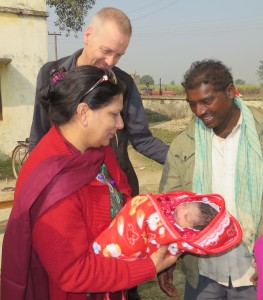
This and several neighbouring birthing centres are the focus of a PhD study by FHSS’s Preeti Mahato. She recently co-authored an editorial in Nepal Journal of Epidemiology on the role of birthing centres in post-earthquake Nepal [1]. Her PhD is supervised by Dr. Catherine Angell, Prof. Padam Simkhada, based at Liverpool John Moores University (LJMU) and who is also Visiting Faculty at BU, and Prof. Edwin van Teijlingen.
The birthing centre also lies in the area where the charity Green Tara Nepal has been supporting groups for pregnant women and their mothers-in-law. The latter is an important group as they are still key decision-makers on maternity care questions related to their daughters-in-law [2]. The birthing centre is part of a wider intervention to improve the uptake of antenatal and postnatal care and skilled attendance at delivery. BU has been involved in evaluating this intervention with Green Tara Trust (UK) and LJMU for nearly a decade.
Some of the birthing centre staff will attend the mental health and maternity care training organised next week [3]. This training project is run by a consortium of BU, LJMU, and Tribhuvan University (the oldest university in Nepal). This mental health and maternity care project is supported by the Tropical Health & Education Trust (THET) as part of the Health Partnership Scheme, which is funded by the UK Department for International Development (DFID), and in the field our THET project is supported by Green Tara Nepal.
Prof. Edwin van Teijlingen
CMMPH
References:
- Mahato, P.K., Regmi, P.R., van Teijlingen, E., Simkhada, P., Angell, C., Sathian, B. (2015) Birthing centre infrastructure in Nepal post 2015 earthquake. Nepal Journal of Epidemiology 5(4): 518-519. http://www.nepjol.info/index.php/NJE/article/view/14260/11579
- Simkhada, B., Porter, M., van Teijlingen, E. (2010) The role of mothers-in-law in antenatal care decision-making in Nepal: A qualitative study. BMC Pregnancy & Childbirth 10(34) biomedcentral.com/content/pdf/1471-2393-10-34.pdf
- van Teijlingen, E., Simkhada, P., Devkota, B., Fanning, P., Ireland, J., Simkhada, B., Sherchan, L., Silwal, R.C., Pradhan, S., Maharjan, S.K., Maharjan, R.K. (2015) Mental health issues in pregnant women in Nepal. Nepal Journal of Epidemiology 5(3): 499-501. http://www.nepjol.info/index.php/NJE/article/view/13607/11007

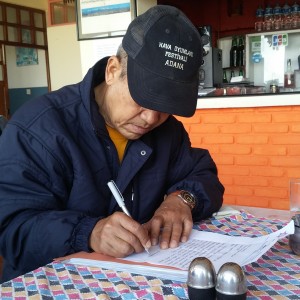
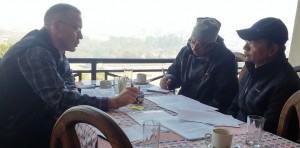

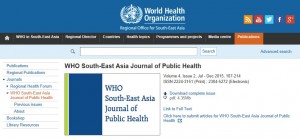
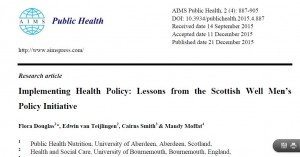


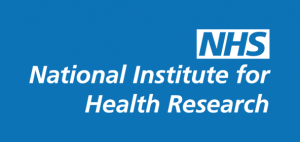

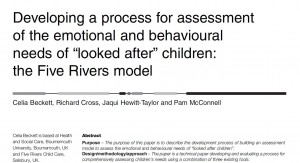
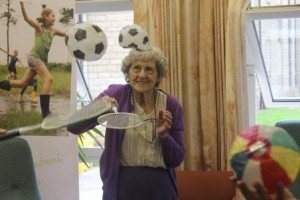

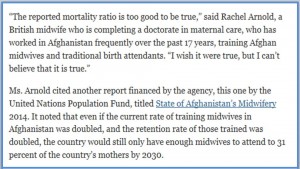
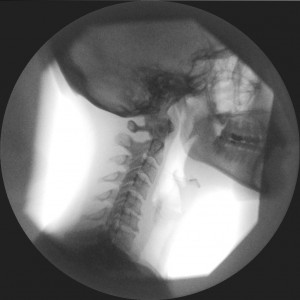
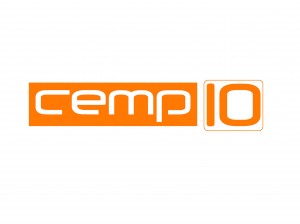













 New CMWH paper on maternity care
New CMWH paper on maternity care From Sustainable Research to Sustainable Research Lives: Reflections from the SPROUT Network Event
From Sustainable Research to Sustainable Research Lives: Reflections from the SPROUT Network Event REF Code of Practice consultation is open!
REF Code of Practice consultation is open! ECR Funding Open Call: Research Culture & Community Grant – Apply now
ECR Funding Open Call: Research Culture & Community Grant – Apply now ECR Funding Open Call: Research Culture & Community Grant – Application Deadline Friday 12 December
ECR Funding Open Call: Research Culture & Community Grant – Application Deadline Friday 12 December MSCA Postdoctoral Fellowships 2025 Call
MSCA Postdoctoral Fellowships 2025 Call ERC Advanced Grant 2025 Webinar
ERC Advanced Grant 2025 Webinar Update on UKRO services
Update on UKRO services European research project exploring use of ‘virtual twins’ to better manage metabolic associated fatty liver disease
European research project exploring use of ‘virtual twins’ to better manage metabolic associated fatty liver disease